The Seven Denominations
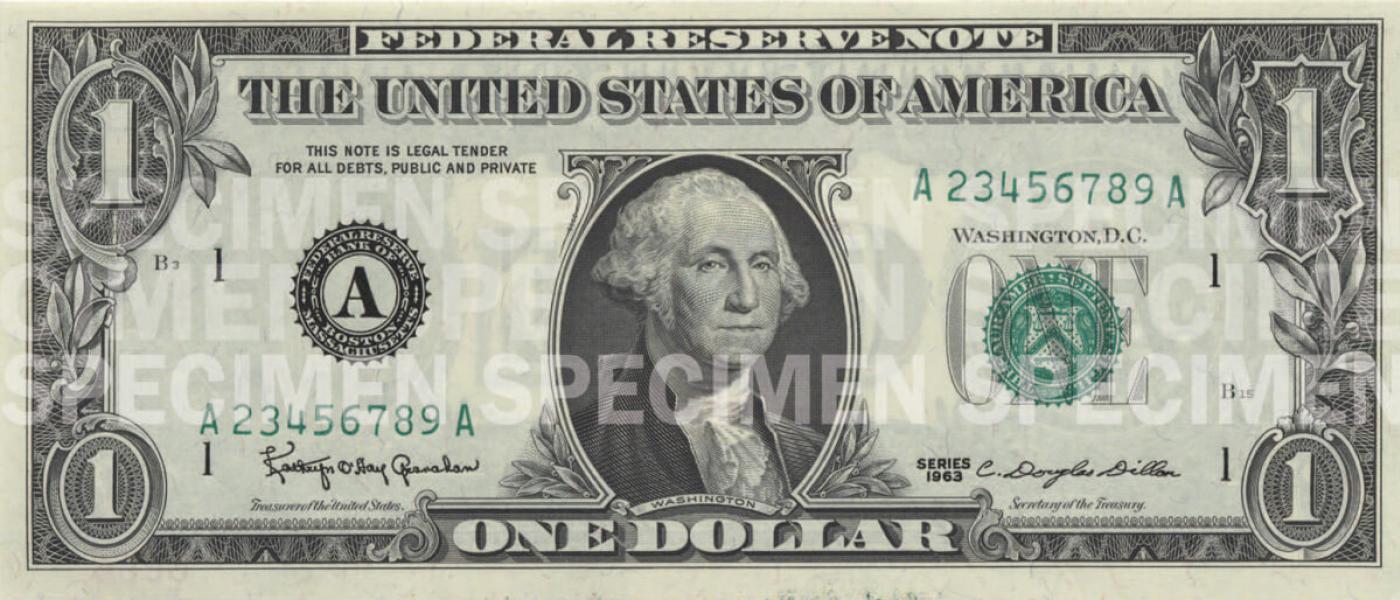
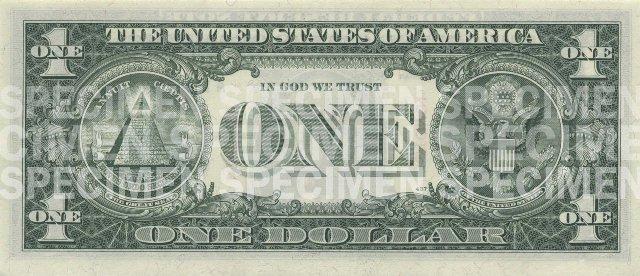
The first $1 Federal Reserve note was issued in 1963, and its design—featuring President George Washington and the Great Seal of the United States—remains unchanged. Take a look at the $1 note and its security features.
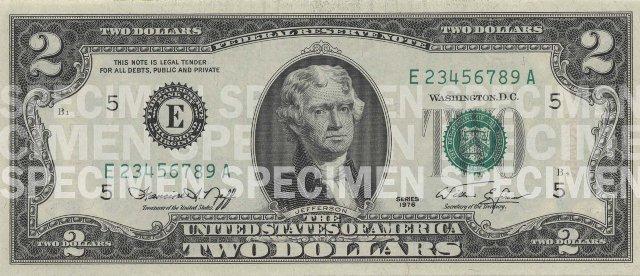
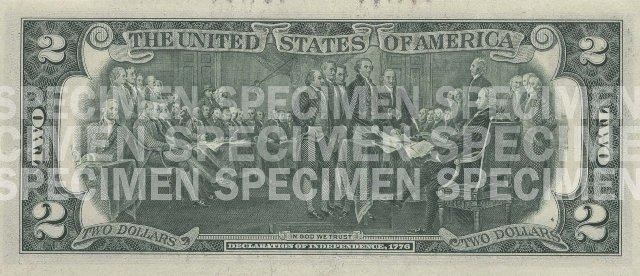
The back of the $2 Federal Reserve note features an engraving of John Trumbull's painting, “The Signing of the Declaration of Independence.” Although the original painting depicts 47 men, space constraints meant that only 42 could appear on the note. Take a look at the $2 note and its security features.
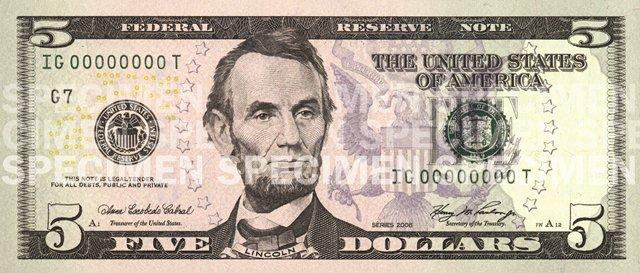
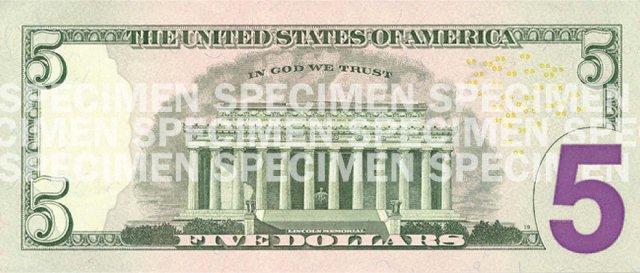
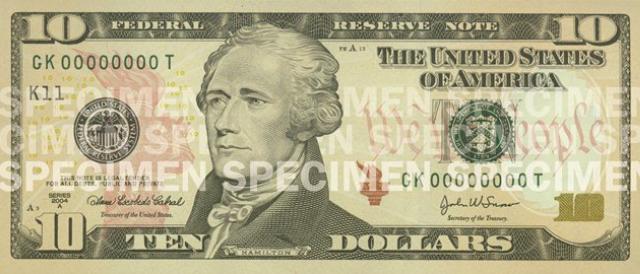
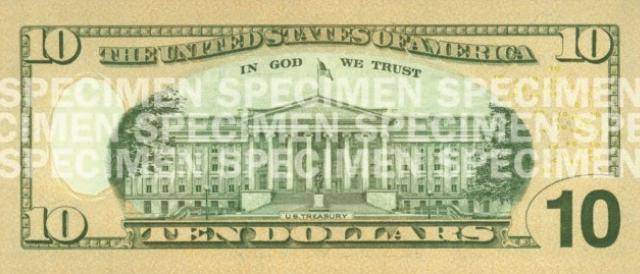
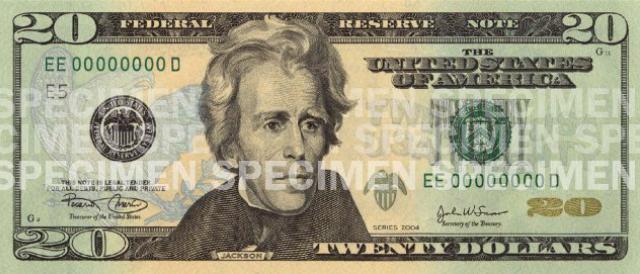
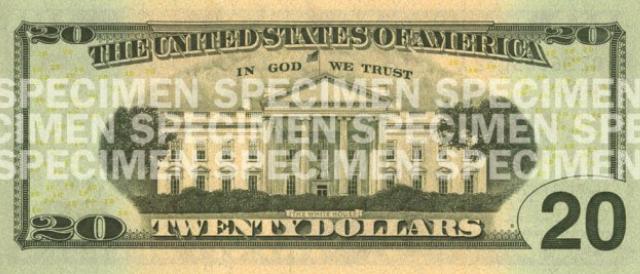
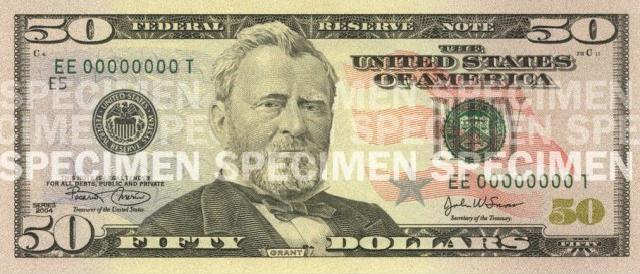
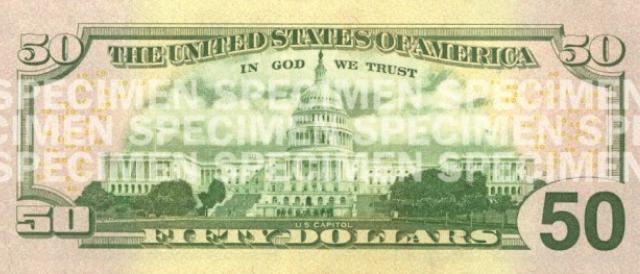
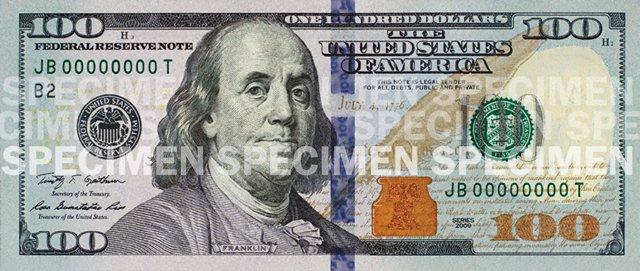
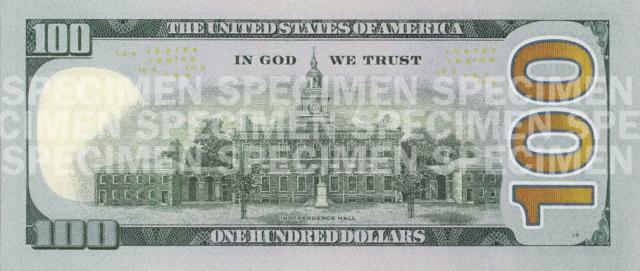
All Circulating Denominations
Each note includes security and design features unique to how the denomination is used in circulation. The U.S. government periodically redesigns Federal Reserve notes to make them easier to use, but more difficult to counterfeit. It is U.S. government policy that all designs of U.S currency remain legal tender, regardless of when they were issued. This policy includes all denominations of Federal Reserve notes, from 1914 to the present.